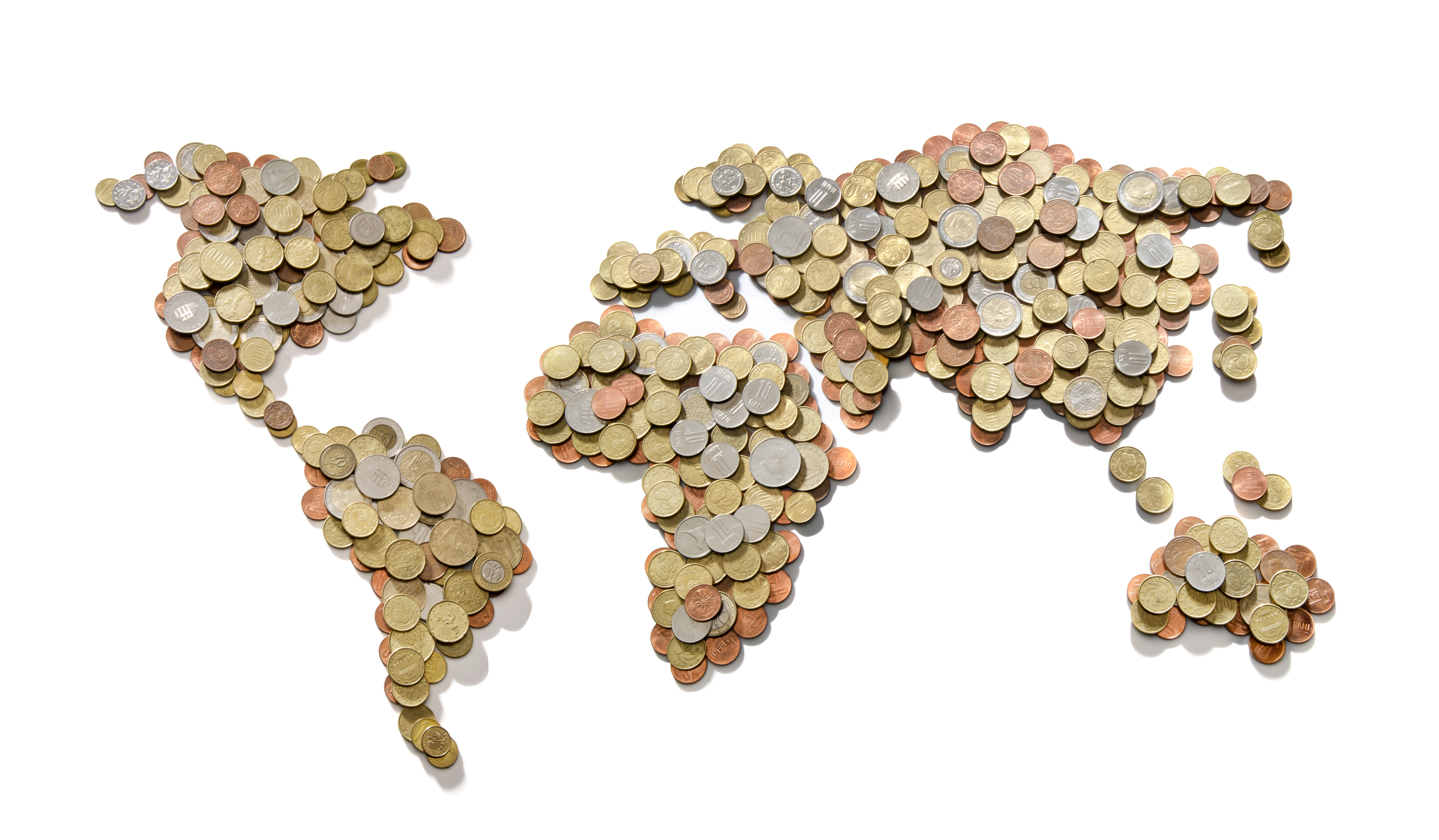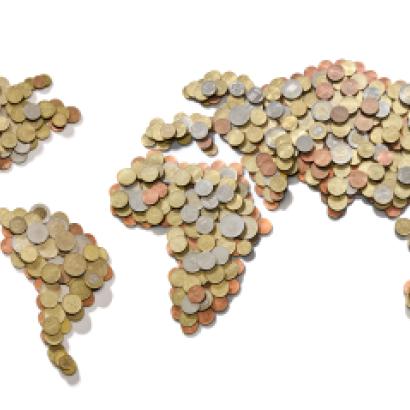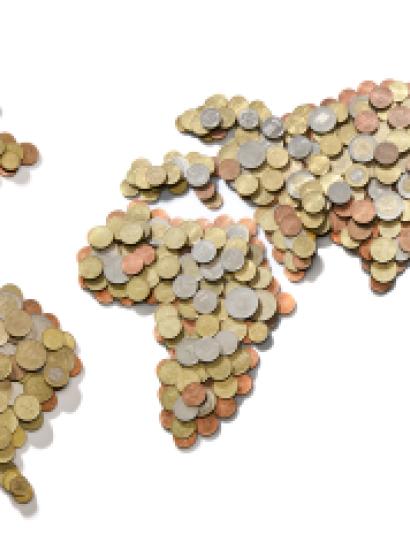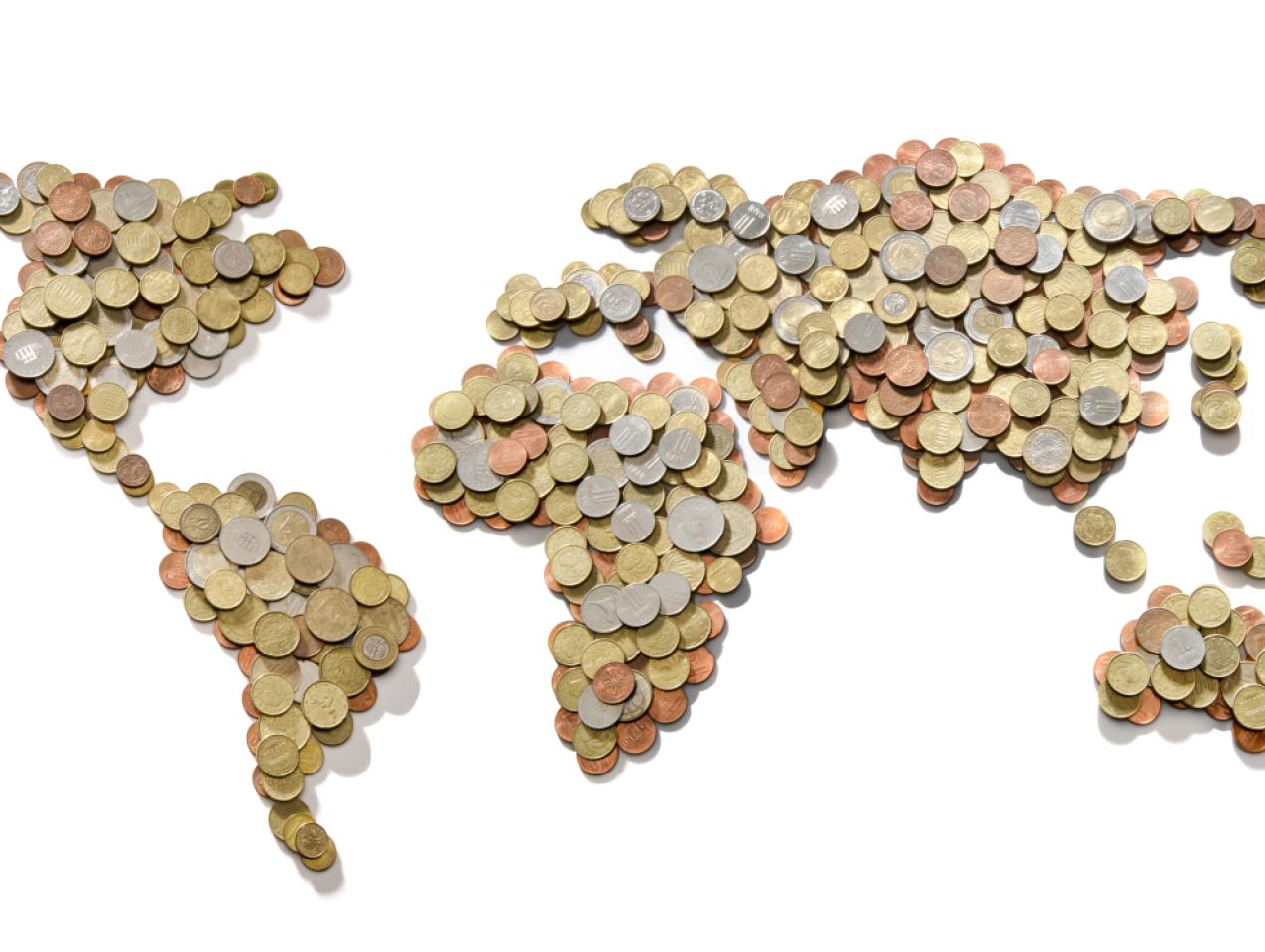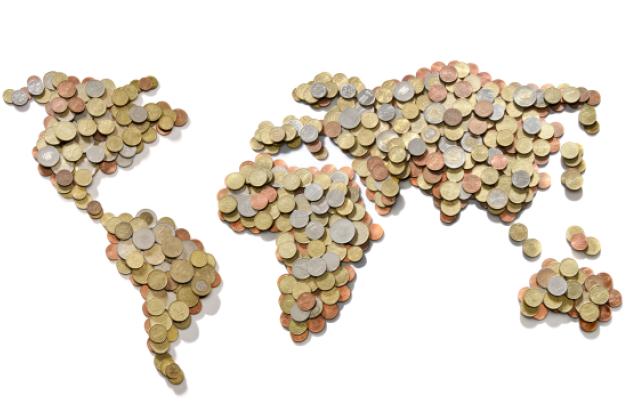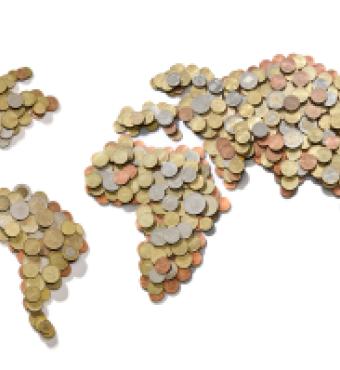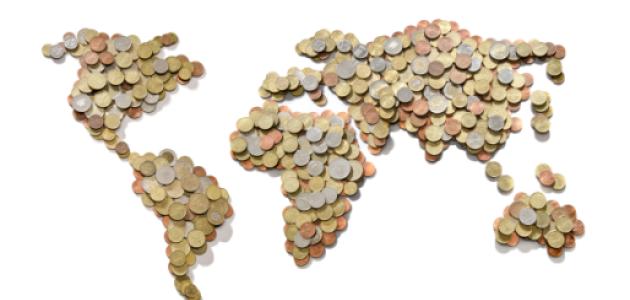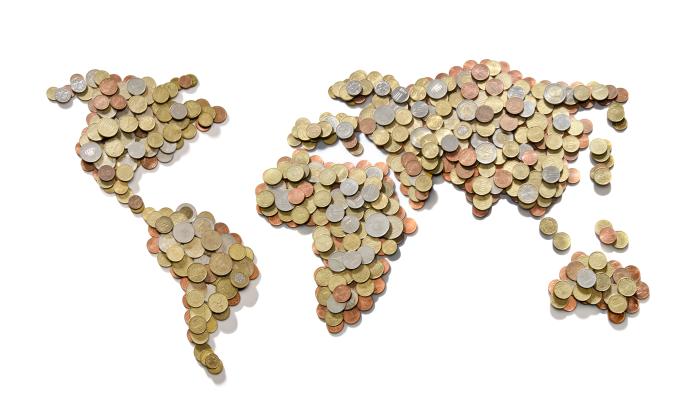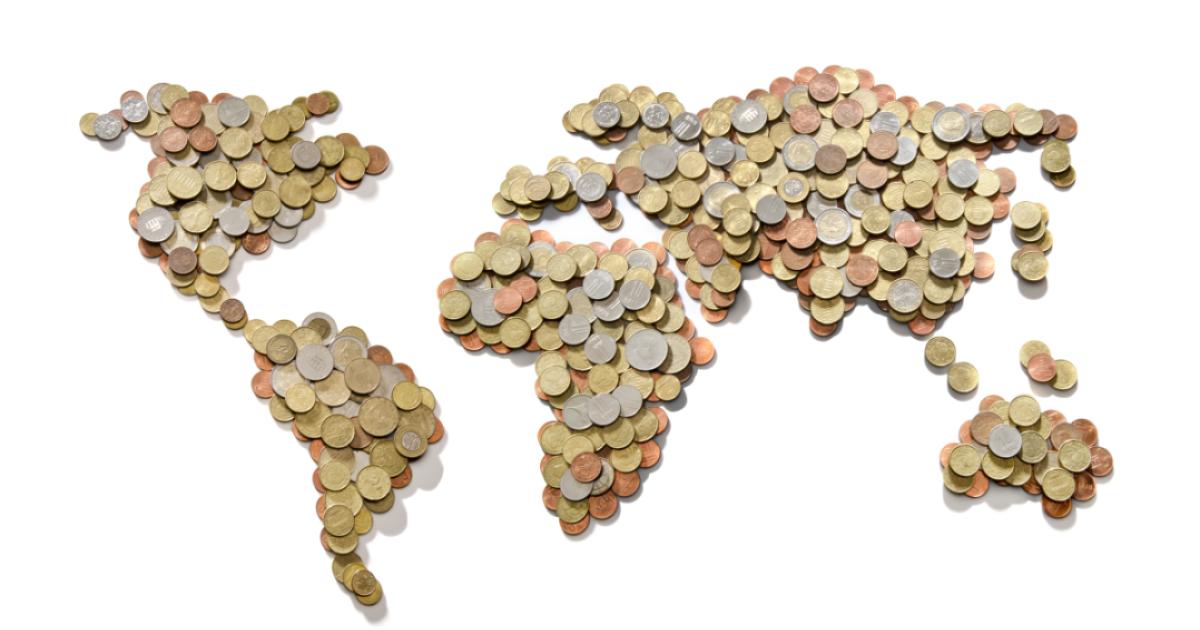- International Affairs
Some books are as noteworthy for what they represent as for what they say. Such is the case with Michael Mandelbaum's "The Road to Global Prosperity," a concise, insightful and readable stock- taking of the state of globalization roughly five years after the financial crisis began. As one reads through Mr. Mandelbaum's 180-odd pages of text and especially his 400-plus footnotes identifying the sources on which he has drawn, one gets the distinct impression that the book doesn't just present Mr. Mandelbaum's ideas but encapsulates a particularly influential view of the world.
The magazine Mr. Mandelbaum cites most frequently is the Economist. The newspaper whose reporting he relies on most heavily is The Wall Street Journal. The columnist on whose insight he draws most frequently is Martin Wolf of the Financial Times. The institutions most conspicuous among the reports he cites are the Council on Foreign Relations and the Peterson Institute for International Economics. When he cites Paul Krugman, it's not the New York Times's GOP-basher calling for trillions more in economic stimulus but the more thoughtful winner of the Nobel Prize discussing the difficulties of currency union in Europe.
What we have in "The Road to Global Prosperity," then, is very much an establishment view of the international economy. The core belief of the members of this globalization establishment is that the purpose of the modern state is the promotion of economic growth. Mr. Mandelbaum writes: "Between 1971 and 2011 economic issues—above all, the health of the global economy—replaced matters of war and peace as the major focus of national leaders because economic matters came to have greater effects on the countries they led."
The author does not fail to note that this perspective presupposes a stable and relatively benign international environment. Mr. Mandelbaum is aware that the guarantor of those conditions is principally American power. Yet the durability of this arrangement is uncertain because of the rise of other powers alongside the relative decline of the U.S. Mr. Mandelbaum writes: "It is reasonable to expect that the United States will do less global policing in the future than it has in the past. . . . A weaker, poorer, less internationally active United States could have an indirect effect on cross-border economic activity by making the world a politically and militarily more turbulent place."
Given the givens of a functioning security order, however, the goal is economic growth, and the path is through market economics, the rule of law, rule-based international order, free trade, and relatively free flows of people and capital across international borders. The pursuit of "comparative advantage"—doing what you do best economically—produces a positive-sum game that enriches, albeit unequally, all global participants.
Collectively, this is the globalization regime. It stands in contrast to previous national efforts to pursue wealth (or justice) through centrally planned economies, trade barriers aimed at protecting domestic industry and, of course, through arms.
"The Road to Global Prosperity" thoughtfully limns the structure of globalization through chapters on its political framework; on the disruptions that globalization inevitably generates; and on the response of various nations to these disruptions, including policies to protect domestic industries, curtail immigration and restrict foreign investments. Mr. Mandelbaum also examines the instability created by the global financial system—from the persistent development of asset bubbles to the stubborn crisis of the euro zone. He concludes with a chapter devoted to the economic prospects of each of the so-called BRICs—the large emerging economies of Brazil, Russia, India and China—on which much of the future of global economic growth depends.
It is certainly possible to quibble over details with Mr. Mandelbaum. For example, he notes rather too flippantly that the massive conflict over Congo, which has claimed more than five million lives since it began in 1996, "had no discernible effect on buying, selling, and investing in the rest of the world. War in Africa does not matter, or at least thus far has not mattered, to the global economy. What would matter are wars in the most economically dynamic regions of the world, of which Africa is not one."
This overbroad generalization about "Africa"—a reflection of the globalization establishment's tendency to neglect the continent—ignores the numerous African countries whose economies are performing well and even on its own terms overlooks the cost to the global economy due to Africa's persistent crises and instability.
To continue the quibbling, there is no obvious reason to treat Russia as a source of future global economic growth alongside Brazil, India and China, as the globalization establishment typically does. The "BRICs" formulation dates to a 2001 paper by Goldman Sachs GS +0.81% economist Jim O'Neill. Although catchy—"bricks of the global economy" makes a better metaphor than "stick pens of the global economy"—the "BICs" would be more in line with reality, especially now that Vladimir Putin has decided that revanchist territorial claims are more important to Russia than the rules-based international order of globalization. Here's hoping China doesn't reach a similar conclusion.
Yet to get lost in such arguments would misunderstand the broader significance of Mr. Mandelbaum's book. It is this: The globalization establishment, though bloodied by the financial crisis of 2008 and the slowdown in global production that followed, is unbowed. Its view of political economy remains the same, and, as Mr. Mandelbaum notes, where it really matters—with Brazil, China and the like—"the obvious alternatives to globalization and free markets . . . [have] been discredited."
I think that's right. All the more reason, then, for thoughtful people to be especially attentive to what globalization presupposes—namely, a stable and benign international environment. Maintaining that environment will require, as it always has, a great deal of work.
Mr. Lindberg is a research fellow at Stanford's Hoover Institution.







